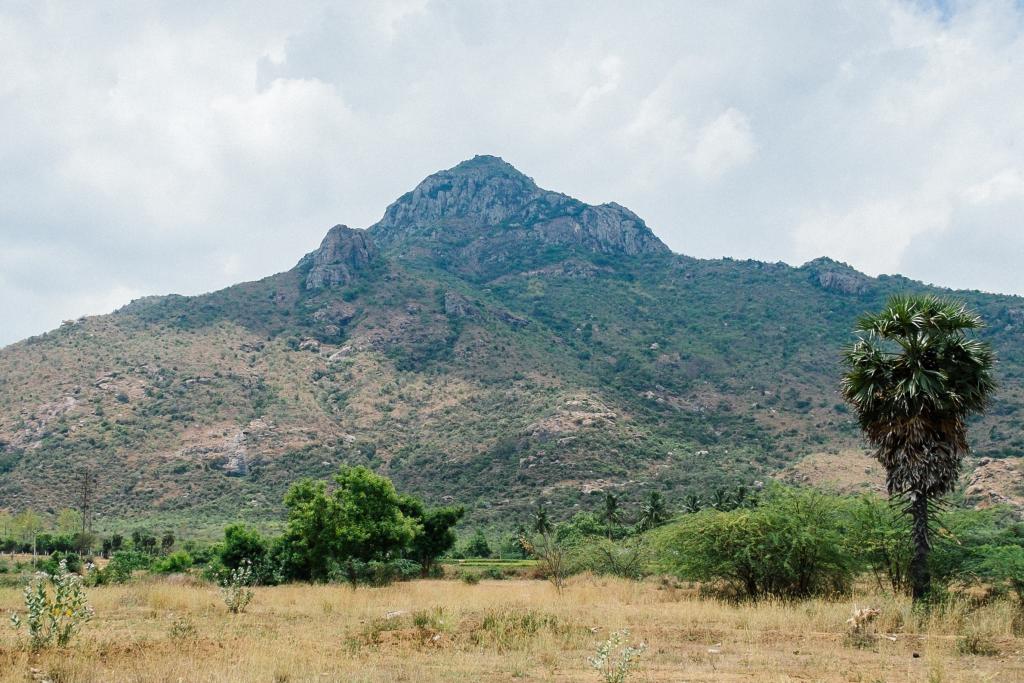“The entire universe is to be looked upon as the Lord.”
This short line, which opens the Isha Upanishad, is as about a succinct declaration of belief as you can find. All of existence is divine. Though there may be apparent differences in form and name, undergirding all of existence is the same divinity.
“Ether, air, fire, water, earth, planets, all creatures, directions, trees and plants, rivers and seas, they are all organs of God’s body. Remembering this a devotee respects all species.”
This passage is from the Srimad Bhagavatam (2.2.41), echoes the passage above. Everything in the world is part of one sacred unity. The elements, the forces in the universe, all creatures, all things living and unliving, are ultimately part of one divinity. Poetically, one body, God’s body. We should recognize and honor this in everything we experience in life. We are part of this, not separate from this divinity in any way. It is our very essence.
“The humble sages, by virtue of true knowledge, see with equal vision a learned and gentle brahman, a cow, an elephant, a dog, and a dog-eater.”
This oft-quoted passage from the Bhagavad Gita (5.18) says much the same thing as the passage above. Equal vision here means seeing through the external forms of beings that on the surface look and act differently to recognize the same essential divinity in all of them. Though presented here as intellectual (“true knowledge”), this is as much a practice of devotion and service and mindfulness—making this passage a useful touchpoint in all four paths of yoga (karma, bhakti, raja, and jnana yoga).
“Dharma exists for the welfare of all beings. Hence, that by which the welfare of all living beings is sustained, that for sure is dharma.”
Here is profound guidance on how to act in the world, from the Mahabharata (Shanti Parva 109.10). Are my actions and path in life helping sustain (or at least not hurt) the welfare of the beings around me ?
“It is the unfailing fall of rain that sustains the world. Therefore, look upon rain as the nectar of life.”
This passage is from the Tirukural, a 2000+ year old text made up of couplets (kural) written in Tamil by Sage Tiruvalluvar. What I find compelling about this particularly line is its simplicity and truth in observation. Even though there is no expression in it of ecological conservation or sustainability per se, it lays down the sort of sense of reverence for and poetics about the cycles of nature that I think sometimes gets lost in the science describing those cycles. If you want to look up this passage, it’s Kural 11 in the text.
“What is the good way? It is the path that reflects on how it may avoid killing any living creature.”
The Tirukural is often quite blunt. There are a number of other passages decrying in no uncertain terms anyone who eats meat, for example. This one (Kural 324), however, I think is in some ways a more constructive way to view the world. It is the process of seeking to avoid harm of our fellow beings, reflecting on how we can best do that, that is most important.




No comments:
Post a Comment
Note: Only a member of this blog may post a comment.